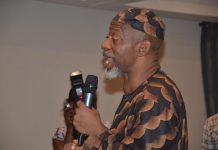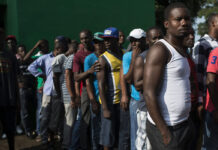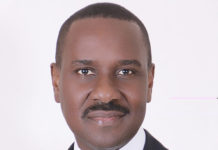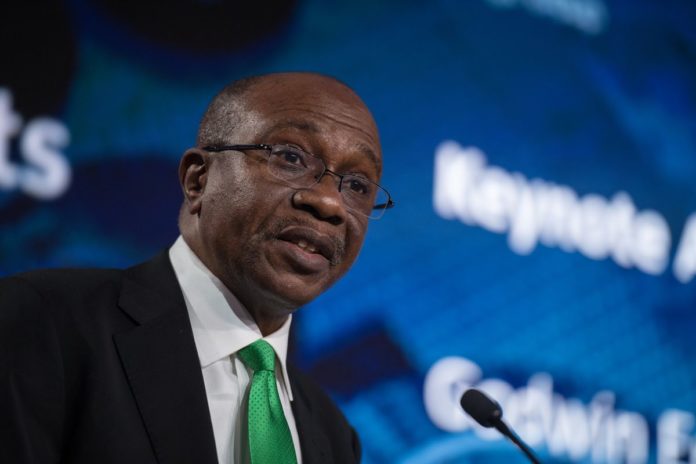Nigeria’s central bank expects the economy to pick up in 2019, lifted by increased productivity after last year’s output grew at its fastest pace since a recession three years ago, its governor said.
The bank has forecast growth of 3 percent, up from 1.9 percent last year, Godwin Emefiele told an economic conference in the commercial capital Lagos. He added that the economy would see more growth as the recovery becomes self-sustaining.
Growth in Africa’s biggest economy has been recovering since recession bottomed out in the third quarter of 2016, with higher oil prices helping the country halt the contraction.
Emefiele, whose term at the central bank ends in June, said GDP growth is expected to pick up in the first quarter, buoyed by election spending and this year’s government budget.
President Muhammadu Buhari won a second term in charge of Africa’s most populous country in February by defeating pro-business rival Atiku Abubakar, who had espoused privatisations and a floating of the currency to boost the economy.
Buhari has also pledged to rejuvenate the economy and the government this week announced plans to cut its stake in joint oil ventures with multinational oil companies to generate revenue.
“With continued efforts at driving indigenous production with high impact on growth … especially in agriculture and in manufacturing, gross domestic product is expected to pick up in the first quarter,” Emefiele said.
Nigeria has been borrowing abroad and at home over the past three years to help to finance its budgets and to fund infrastructure projects. The government now intends to tap soft loans to curb debt servicing costs.
Emefiele expects volatility in the crude oil market to put pressure on the naira, but the central bank would maintain its managed currency regime over the next year.
He said that more than $6 billion had flowed into the local bond market since last month’s presidential election as foreign investors piled into debt to lock in yields as high as 14 percent, helping to keep the currency stable.
Bond investors had been worried that elections would turn violent, not about who won. Buhari has favoured a strong and stable naira, which bondholders hope will continue.
Emefiele said the bank would continue its tight monetary stance in the near term and sees inflation of 11.3 percent in February rising to 12 percent this year before moderating. (By Chijioke Ohuocha For Reuters)


























